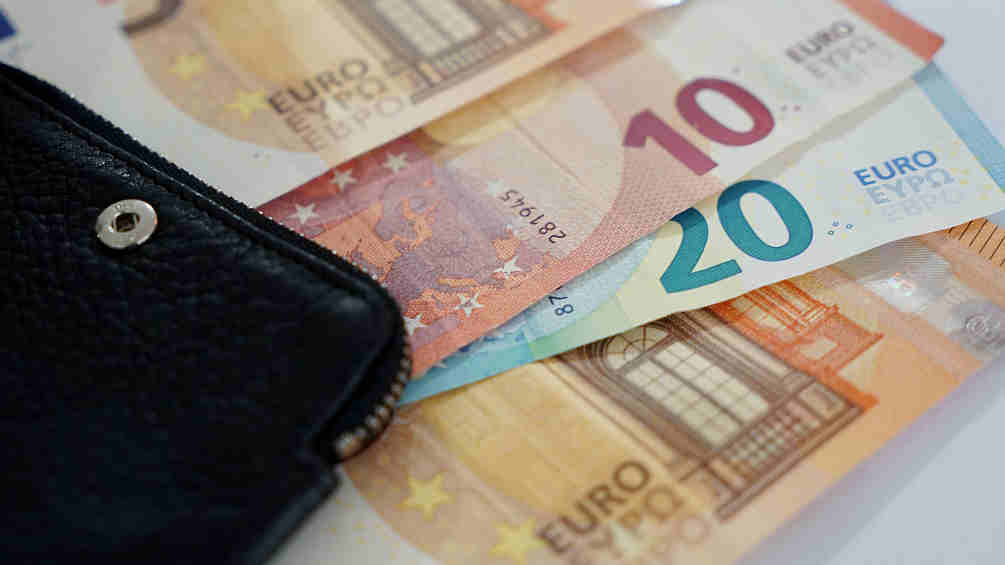
Markets
21:12, 24-Jan-2019
Gloomy data shoves euro lower ahead of ECB meeting
CGTN

The euro retreated while stocks and bonds rallied on Thursday, as painful data from France and only modestly better readings from Germany set the tone for the European Central Bank's first meeting of the year.
U.S.-China trade talks and signs of a Brexit delay were in focus. Emerging market bulls were charging in Venezuela after a U.S. move against the country's president, Nicolas Maduro.
In France, a survey showed business activity pulled back at the fastest rate in over four years in the face of weakening demand and the impact of anti-government protests.
Germany's services sector accelerated more than expected, but that was largely offset by the first contraction in manufacturing in more than four years.
The euro fell by 0.2 percent to 1.1350 U.S. dollars, and while an upbeat tech sector helped stocks, it meant there would be plenty of concerned questions for European Central Bank President Mario Draghi later.
“At the moment their guidance (to raise interest rates later this year) isn't really on track,” said JPMorgan Asset Management fixed income portfolio manager Seamus Mac Gorain, although he added it was probably still too early to change them dramatically.
Euro zone bond yields fell across the board and France's gloomy data pushed its 10-year yield down to a six-month low of 0.61 percent. The main market gauge of eurozone inflation expectations dropped to a seven-month low.
Sterling eased off its 11-week high of almost 1.31 U.S. dollars amid growing signs that Brexit was more likely to be delayed than the government risking leaving the European Union without a deal on March 29.
The euro's latest slide means it has now lost more than 1.5 percent against the U.S. dollar since climbing to a three-month high of 1.1570 U.S. dollars on January 10.
Source(s): Reuters

SITEMAP
Copyright © 2018 CGTN. Beijing ICP prepared NO.16065310-3
Copyright © 2018 CGTN. Beijing ICP prepared NO.16065310-3